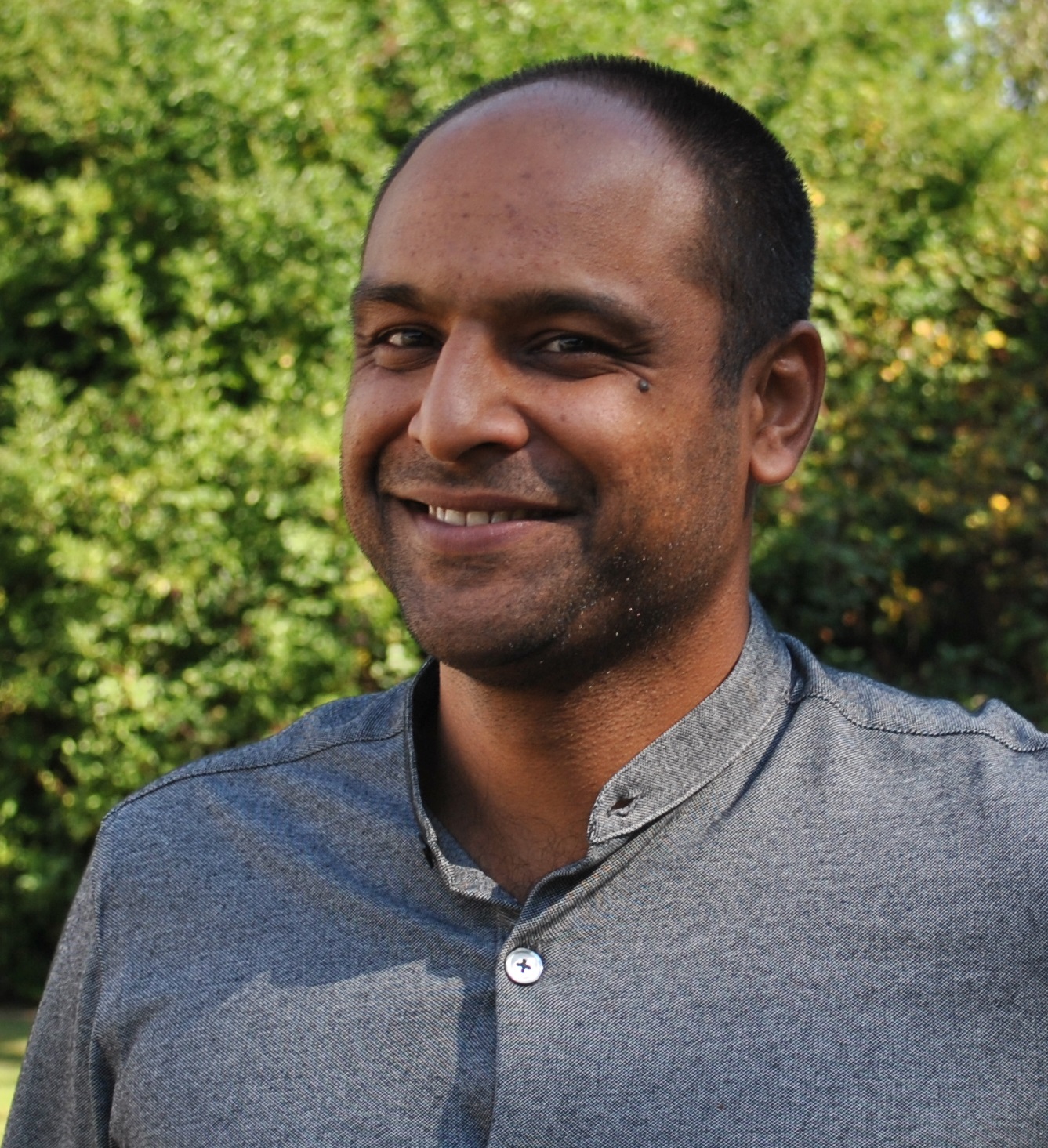In a groundbreaking collaboration, Porsche and Michelin partnered with Ksapa and SETARA Jambi to revolutionize natural rubber sourcing in Indonesia. The CASCADE project (Committed Actions for Smallholders Capacity Development) represents the first comprehensive initiative spanning the entire rubber supply chain, from smallholder farmers to luxury automotive manufacturing.

Project Impact at a Glance
- 6,500 smallholder farmers targeted for training
- €2.6 million investment from Porsche and Michelin
- First-of-its-kind complete supply chain integration
- Innovative digital learning platform deployment
The Challenge
Supply Chain Transformation Needs
- Sustainable rubber extraction practices
- Improved smallholder living conditions
- Enhanced biodiversity protection
- Workplace safety advancement
- Supply chain transparency
Our Strategic Solution
Phase 1: Deep Context Analysis
Field Research & Assessment
- Comprehensive smallholder needs assessment
- Cultural practice mapping
- Technical constraint analysis
- Local context documentation
Phase 2: Program Development
Custom Learning Framework
- Culturally-adapted teaching methodology
- Interactive learning modules
- Practical skill development
- Digital platform integration
Phase 3: Implementation
Multi-stakeholder Engagement & Impact Monitoring
- Local partner collaboration
- Digital learning deployment
- Hands-on training sessions
- Progress monitoring systems showing impressive revenue generation and other benefits for buyers and local communities
Key Innovations
Digital Integration
- E-learning platform development adapted to rural areas and low digital literate users
- Translated content accessibility
- Interactive learning tools
- Progress tracking capabilities
Sustainability Focus
- Environmentally compatible extraction methods
- Biodiversity preservation techniques
- Economic efficiency improvements
- Safety protocol integration

Measured Impact
Immediate Outcomes
- Enhanced farming practices
- Improved workplace safety
- Increased environmental awareness
- Stronger community engagement
Long-term Benefits
- Sustainable income growth
- Environmental preservation
- Supply chain transparency
- Industry standard elevation
Transform Your Supply Chain
Ready to Revolutionize Your Sourcing Strategy?
We Offer:
- Supply chain sustainability assessment
- Customized training program development
- Digital learning platform implementation
- Impact measurement frameworks
Why Partner with Ksapa?
✓ Proven Expertise
- Successful multi-stakeholder projects
- Local context understanding
- Digital solution integration
- Measurable impact creation
📈 Comprehensive Support
- Program design
- Implementation guidance
- Impact measurement
- Scale-up strategy
Take Action Now
Connect with Our Experts to:
- Evaluate your supply chain sustainability
- Design your custom program
- Calculate your potential impact
- Begin your transformation journey
📞 Contact Us:
- Email: contact@ksapa.org
- Website: www.ksapa.org
Schedule a consultation today to learn how we can help transform your supply chain while empowering communities.
“Together, we can create sustainable supply chains that benefit everyone – from smallholder farmers to end consumers.”


